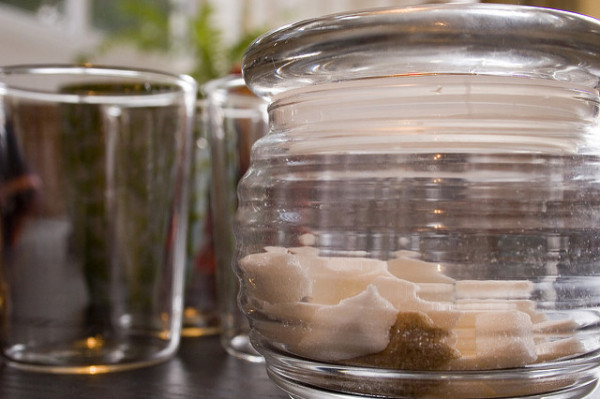For half of a century, antibiotics have given us a powerful tool to combat infections that were once life threatening. In recent decades, however, there has been a tremendous growth in the number of antibiotic-resistant bacteria. This proliferation is already taking its toll on humanity. For example, New York Times reports that in India, tens of thousands of newborns are born with bacterial infections that are resistant to most known antibiotics, leading to over 58,000 newborn fatalities. According to leading experts, this proliferation can be traced to three things:
- Doctors prescribing antibiotics when unnecessary.
- Patients not completing their antibiotic prescriptions.
- The routine antibiotic treatment of livestock that eventually become our food.
But a new study may have a solution to this alarming trend of superbugs: sugar. A team of scientists from The University of Queensland (UQ) and Queensland biotechnology company Alchemia has discovered a new class of antibiotics inspired by sugar molecules produced by bacteria. This research, led by Professor Matt Cooper and Dr. Johannes Zuegg, postulates that bacteria are less likely to build resistance to an antibiotic based on a modified version of their own sugar.
“Bacteria have cell walls similar to the walls of a brick house, except instead of mortar, the walls are held together by sugar polymers,” explains Professor Cooper. “But if you add one our modified sugar molecules, they stop the linking process, destroying the cell wall and killing the bacteria.”
Image Source: bs-photo
Delving further into what Professor Cooper is talking about, bacteria cell walls are comprised of peptidoglycan, or murein, which is made from polysaccharide chains cross-linked by peptides (biologically occurring short chains of amino acids linked together). While common antibiotics such as penicillin and vancomycin inhibit the cross linkage between the peptides and the polysaccharides, this new modified sugar antibiotic prevents the polymerization (formation) of the polysaccharides themselves. This critical difference, according to Professor Cooper, is what leads to the modified sugar antibiotic’s low propensity for resistance induction.
Dr. Zuegg and his team examined hundreds of versions of Alchemia’s modified sugar molecules to determine which are lethal towards bacteria and non-toxic to human cells. In an exciting discovery, Dr. Zuegg found that the sugars that best met this criteria were three-dimensional. Although most molecules screened to become drugs have a flat, planar shape, this core three-dimensional sugar can be built in a variety of ways to make thousands of combinations.
Thus, with the growth of drug-resistant bacteria quickly becoming a global healthcare crisis, this modified sugar could be the solution we need. So, sugar isn’t always bad for you!
Feature Image Source: “Sugar” by Shai Barzilay is licensed under CC BY-NC 2.0










